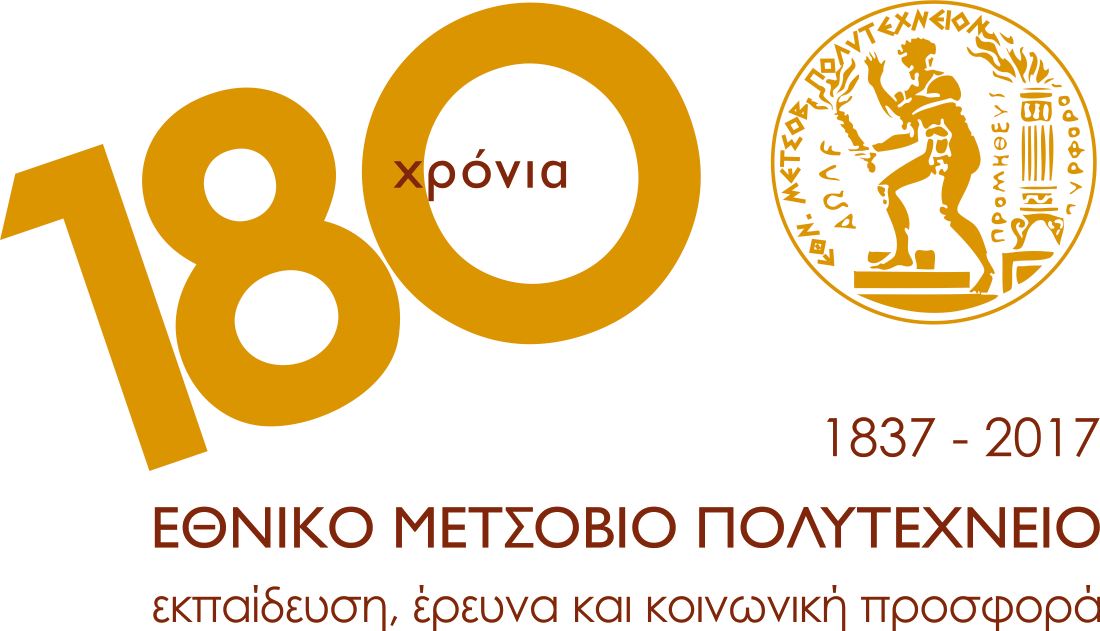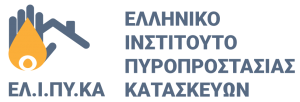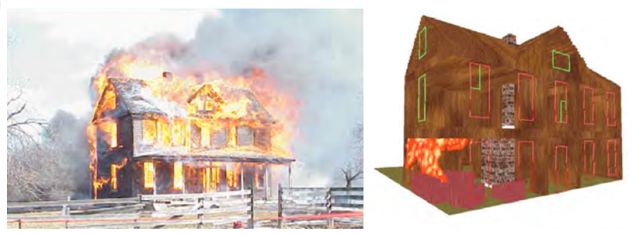The Laboratory’s Basic Research Activities include:
- Basic and applied research in the field of experimental and numerical simulation of two-phase flow and combustion phenomena. Development and implementation of Eulerian-Lagrangian computational fluid dynamics code for the prediction of two-phase flows in industrial environments. Modelling of particle induced mechanical erosion wear (e.g in pipes, ducts, mills). Development of particle-wall and particle-to-particle collision models. Fire spread in buildings.
- Optimization of industrial processes which involve two-phase flows, combustion processes and particle related technologies, such as grinding and pulverisation (CaCO3, perlite, gypsum, marble etc.), separation processes, combustion of pulverised fuels, expansion of industrial minerals (e.g. perlite, vermiculite), techniques to measure on line particle velocities, concentrations and size distributions.
- Research on Energy Efficiency techniques in the areas of Multicriteria Decision Support Tools and Biomass Gasification.
- Research on Potential Energy Saving Solutions using Phase Change Materials. Experimental research on these materials so as to determine their characteristics.
- Application and development of laser based velocity and size distribution Measurement Techniques (laser Doppler anemometry, phase Doppler anemometry, laser diffraction methods) for the measurement of velocities, solid particle concentrations and size distributions in turbulent single and two-phase flows with and without combustion, such as:
o Free jets
o Axisymmetric and three-dimensional wake flows
o Internal flows with separation zones
o Laminar and turbulent reattaching flows
(over steps, fences, obstacles, axisymmetric ribs)
o Annular non-swirling and swirling confined flows
o Liquid-solid two-phase flows
o Diffusion flames
o Isothermal and combusting recirculating-swirling flows in furnaces
o Spray-flames in furnace geometries
o Heat-Exchanger geometries





